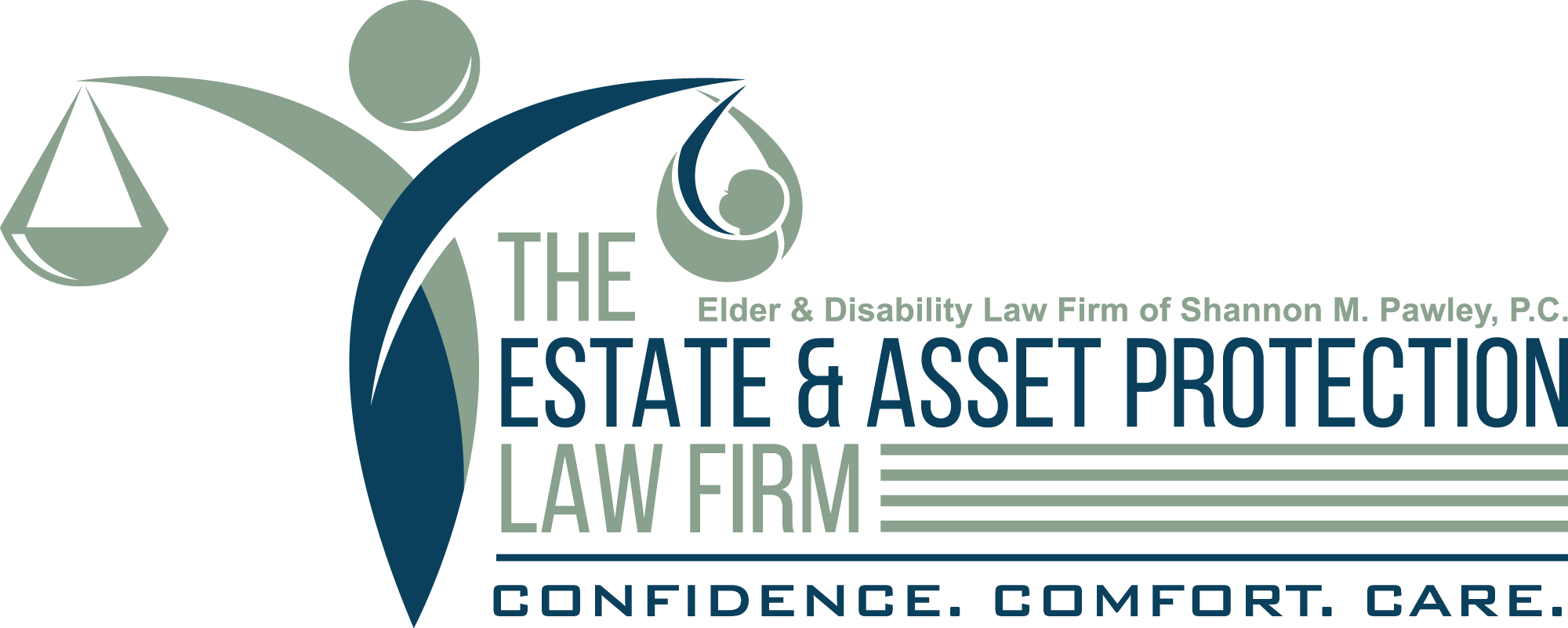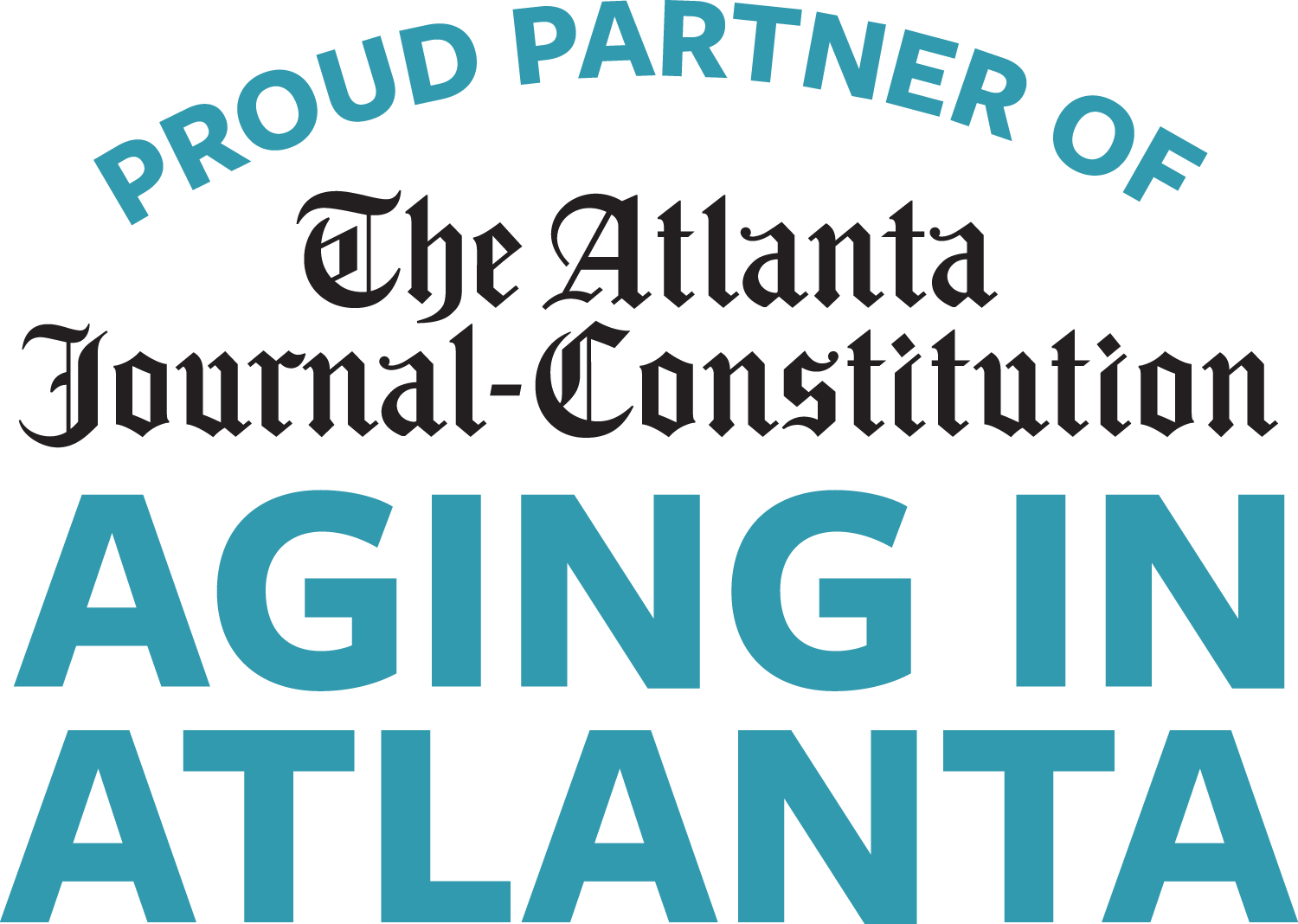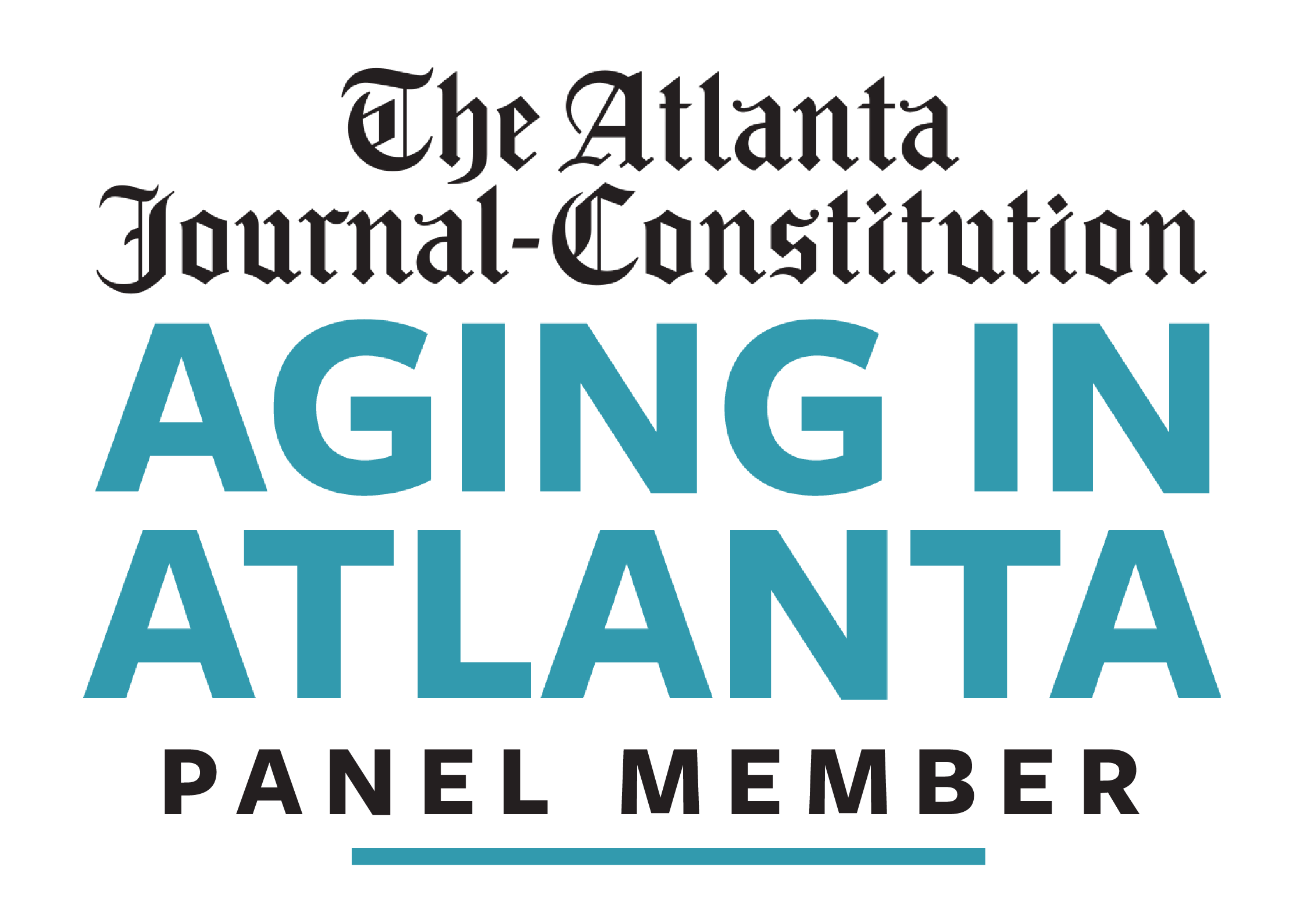When Someone Has Alzheimer’s Disease, When Is the Right Time to Transition to Professional Care?

When it comes to elder care, Alzheimer’s can bring many challenges. Knowing when to transition to professional care is just one of them.
Elder care and Alzheimer’s go together far too often.
Alzheimer’s disease is a progressive and degenerative brain disorder that affects memory, thinking, and behavior. I have personal experience with this disease. I watched it turn my mother into a shell of a human being who no longer recognizes anyone she once loved.
As Alzheimer’s advances, it can become increasingly difficult for individuals with the disease to manage daily activities and maintain their independence. Elder care has many dilemmas. For anyone who has a loved one with an Alzheimer’s diagnosis, determining when to transition to professional care is one of the most challenging decisions you are likely to face.
Understanding the Progression of Alzheimer’s Disease
As Alzheimer’s progresses, the symptoms gradually worsen. In the early stages, individuals may experience mild memory loss and confusion but can still perform daily tasks. As the disease progresses to the middle and late stages, cognitive decline intensifies, and individuals may struggle with basic activities like eating, dressing, or remembering familiar faces and places. In the final stages, individuals often lose the ability to communicate and require full-time care.
The decision to transition a loved one into professional care, be that at home or in a full-time care facility, depends on the stage of Alzheimer’s disease and the level of assistance required.
The following are signs that it may be time to transition your loved one to professional care:
- Increased Safety Concerns: One of the most important signs that it may be time to consider professional care is safety. Alzheimer’s patients may become more forgetful or confused about their environment. This can lead to dangerous situations, such as wandering away from home, forgetting to turn off appliances, or even mishandling medications. If a family caregiver is unable to ensure the safety of their loved one, full-time professional care may be the best option.
- Difficulty with Daily Tasks: In the early stages of Alzheimer’s, many individuals can still manage activities of daily living (ADLs) with little or no help. However, as the disease advances, tasks such as dressing, bathing, preparing meals, and managing personal hygiene can become overwhelming. If these tasks become too difficult or time-consuming for family caregivers to manage, it may be time to seek professional assistance.
- Caregiver Burnout: Caring for a loved one with Alzheimer’s is emotionally and physically demanding. Many family caregivers experience significant stress and burnout as they try to balance caregiving with other responsibilities. If a caregiver’s health or well-being is suffering due to the demands of caregiving, it may be time to explore professional care options.
- Behavioral and Psychological Symptoms: As Alzheimer’s disease progresses, individuals may experience behavioral and psychological symptoms such as aggression, agitation, or depression. These symptoms can be difficult to manage without professional training and support. In cases where these behaviors become too overwhelming, or if the individual’s condition worsens, a professional care facility or in-home care may be necessary to manage these symptoms.
Choosing when to transition a loved one with Alzheimer’s disease to professional care is never an easy decision.
However, understanding the signs and being proactive about seeking support can ensure that both the individual and their caregivers receive the care they need. By acknowledging when professional help is needed, families can make the most informed decision for their loved one’s well-being and quality of life.
Exploring Elder Care Options for Your Alzheimer’s Loved One
Once it becomes clear that a transition to professional care is needed, families have several options to consider. These include assisted living facilities, memory care units, in-home care, or nursing homes, depending on the level of care required. It is important to carefully research and select a care option that matches the individual’s specific needs and preferences.
Another consideration for family caregivers is to make certain the loved one with Alzheimer’s has their estate plan in place and up to date, designating their wishes for health care when they are unable to make important decisions for themselves. If you or a loved one has recently been diagnosed with Alzheimer’s and would like to create or update an estate plan, give my office a call at (470) 235-7868 as soon as possible. It’s impossible to know how the disease will progress and how quickly.
Looking to find an experienced estate lawyer in the Georgia area who is skilled in asset protection and estate plan preparation? Shannon Pawley is an attorney in Georgia with expertise in estate planning and asset protection. Shannon can provide assistance with creating an estate plan to include making a will and how to establish a trust properly. If you have questions about asset protection or questions about making an estate plan, reach out to Shannon and she will be glad to help answer all the estate planning questions you might have!










